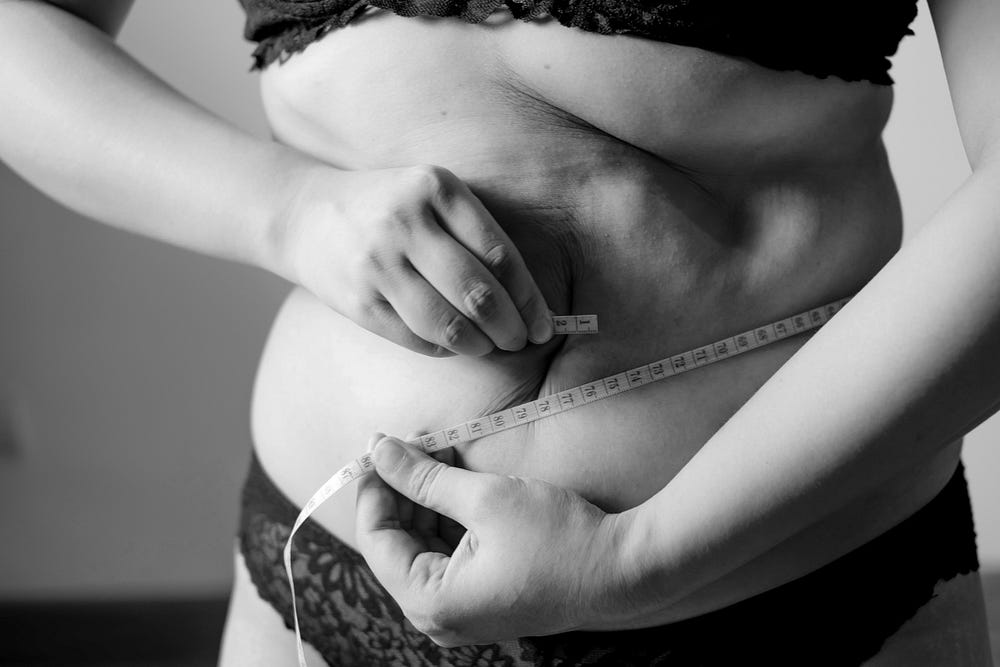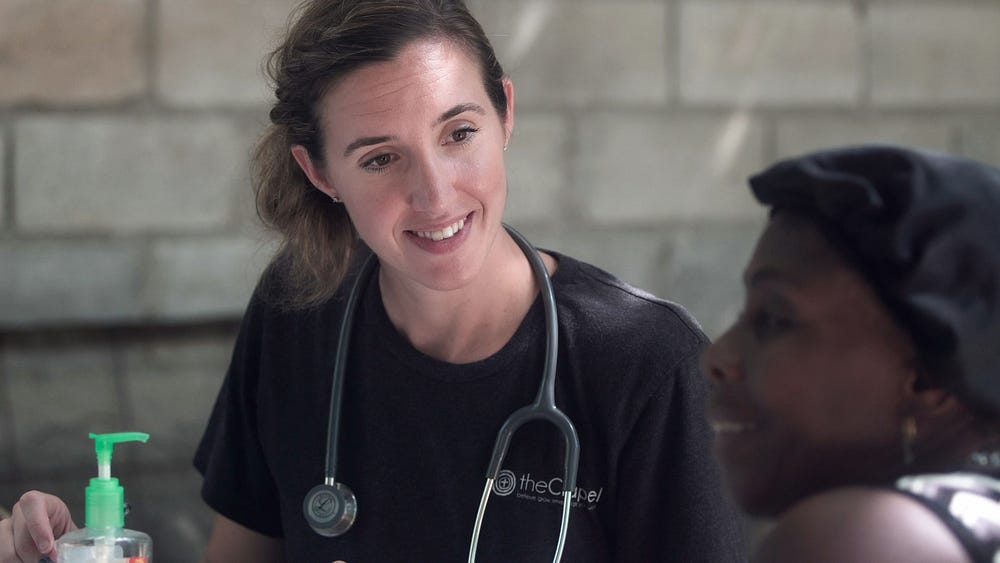Farhana Sheikh ✉
Polycystic Ovary Syndrome (PCOS) is a common health condition affecting approximately 10% of women of reproductive age, making it one of the most common hormonal disorders among women in this group.
 |
| Representative picture |
Characterized by a combination of symptoms that can include irregular menstrual cycles, excessive hair growth, acne, and obesity, PCOS is also a leading cause of infertility. The condition arises from a combination of genetic and environmental factors, leading to an imbalance in hormone levels, which affects the ovaries’ ability to release eggs properly.
In response to the challenges posed by PCOS, the concept of “Cysterhood” has emerged as a crucial support network. This community, both online and offline, is made up of individuals sharing their journeys with PCOS, providing support, understanding, and advice to each other. This network has proven vital in helping its members feel less isolated in their struggles.
This article delves deep into the personal tales of young warriors battling PCOS, coupled with expert insights into managing the condition effectively. We will explore the medical underpinnings of PCOS, personal narratives from those living with the condition, the role of community support systems, and practical approaches to treatment and wellness. Readers will gain an understanding of the complexity of PCOS and the powerful impact of shared experiences and support in navigating this challenging path.
Section 1: Understanding PCOS
Medical Perspective
Polycystic Ovary Syndrome (PCOS) involves more than just menstrual irregularity and cosmetic concerns. It is fundamentally a disorder of the endocrine system, where hormonal imbalances affect the ovaries, the organs responsible for producing estrogen and progesterone — crucial hormones for regulating the menstrual cycle. The pathophysiology of PCOS is complex and involves an increase in androgens (male hormones typically present in small amounts in women) and insulin resistance. These hormonal disruptions lead not only to problems with ovulation but also to long-term risks such as type 2 diabetes, cardiovascular diseases, and endometrial cancer.
Symptoms and Diagnosis
The diagnosis of PCOS follows the presence of at least two of the following three criteria: irregular ovulation, high levels of androgenic hormones, and polycystic ovaries as seen in ultrasounds.
Women may experience symptoms like weight gain, fatigue, thinning hair on the head, and acne. Beyond the physical symptoms, the diagnosis of PCOS can also carry significant emotional and psychological impacts, leading to feelings of frustration, low self-esteem, and depression.
Expert Insight
Mini interviews with endocrinologists and gynaecologists highlight the complexities of treating PCOS.
They emphasize that while there is no cure for PCOS, managing symptoms and mitigating associated health risks is possible through a combination of lifestyle changes, medication, and monitoring. They also stress the importance of personalized treatment plans, as the expression of PCOS can vary significantly from one individual to another.
Section 2: Personal Stories of Young Warriors
Story 1: The Collegiate Challenge
Sophia, a 22-year-old university student, describes her ordeal with managing PCOS alongside her academics.
The need to balance a strict diet and regular exercise with her studies and social life presents a unique set of challenges. Sophia shares how she navigates these hurdles, emphasizing the importance of self-care and time management in maintaining both her health and her GPA.
Story 2: Professional and Personal Life Balance
Emma, a 28-year-old marketing professional, talks about her journey with PCOS in the corporate world. She discusses the challenges of managing symptoms such as weight fluctuations and hirsutism while striving to meet her career goals.
Emma’s story highlights the importance of workplace understanding and the adjustments she has had to make to her work environment and routine to stay healthy and productive.
Story 3: Athletic Aspirations and Adjustments
Ava, a semi-professional athlete, shares her story of adapting her training and competition schedules around her PCOS symptoms.
Dealing with fatigue and weight management issues, Ava has had to listen deeply to her body and modify her athletic regimen to align with her health needs, showing that resilience and adaptability are key.
Connecting Thread
These stories underscore the shared struggles and resilience in managing PCOS. Despite their different lives, each woman emphasizes the strength they draw from understanding and support — whether from family, friends, or the Cysterhood community. Their tales are a testament to the power of perseverance and the importance of personalized approaches in dealing with PCOS.
Section 3: The Role of Community and Support Systems
Creating Cysterhood
The formation of Cysterhood has marked a significant advance in how individuals with PCOS cope with their condition.
Through online forums, social media groups, and local meetups, members exchange personal stories, treatment experiences, and emotional support. This section explores how such communities help in reducing the stigma associated with the condition and in fostering a supportive environment.
Community Voices
Testimonials from various community members illustrate the transformative effect that Cysterhood has had on their battles with PCOS. Many describe it as a lifeline — a source of not only information but also emotional support that is often lacking in traditional healthcare settings.
Mental Health Aspect
The psychological impact of PCOS is profound. Depression, anxiety, and body image issues are commonly reported among those diagnosed.
Here, we delve into how community support acts as a crucial buffer against mental health struggles, providing a platform for sharing and understanding that can significantly alleviate feelings of isolation.
Section 4: Navigating Treatment and Wellness
Conventional Treatments
This section provides an overview of the conventional medical treatments available for PCOS, including hormonal therapies such as birth control pills and anti-androgen medications, which help regulate menstrual cycles and manage physical symptoms.
Also discussed are potential surgical options like ovarian drilling, a procedure that can induce ovulation in women who do not respond to other treatments.
Holistic and Alternative Approaches
The importance of a holistic approach in managing PCOS is emphasized, highlighting dietary modifications, regular physical activity, and stress-reduction techniques such as yoga and meditation.
These lifestyle adjustments are shown to be critical not only in managing the symptoms but also in improving overall health.
Real-Life Tips
Practical advice from the Cysterhood community sheds light on daily management strategies that have proven effective for many. From specific diet plans to exercise routines and natural supplements, these tips reflect a wide range of experiences and successes in managing PCOS.
Conclusion
The stories shared in this article highlight the resilience and courage of young women facing the challenges of PCOS.
They underscore the critical importance of awareness, proper diagnosis, and management of this complex condition. As more women join the Cysterhood and share their experiences, the veil of isolation lifts, creating a stronger, more informed community that is better equipped to face PCOS together. The journey is long and sometimes difficult, but with the support of the Cysterhood, it is far from lonely.

















